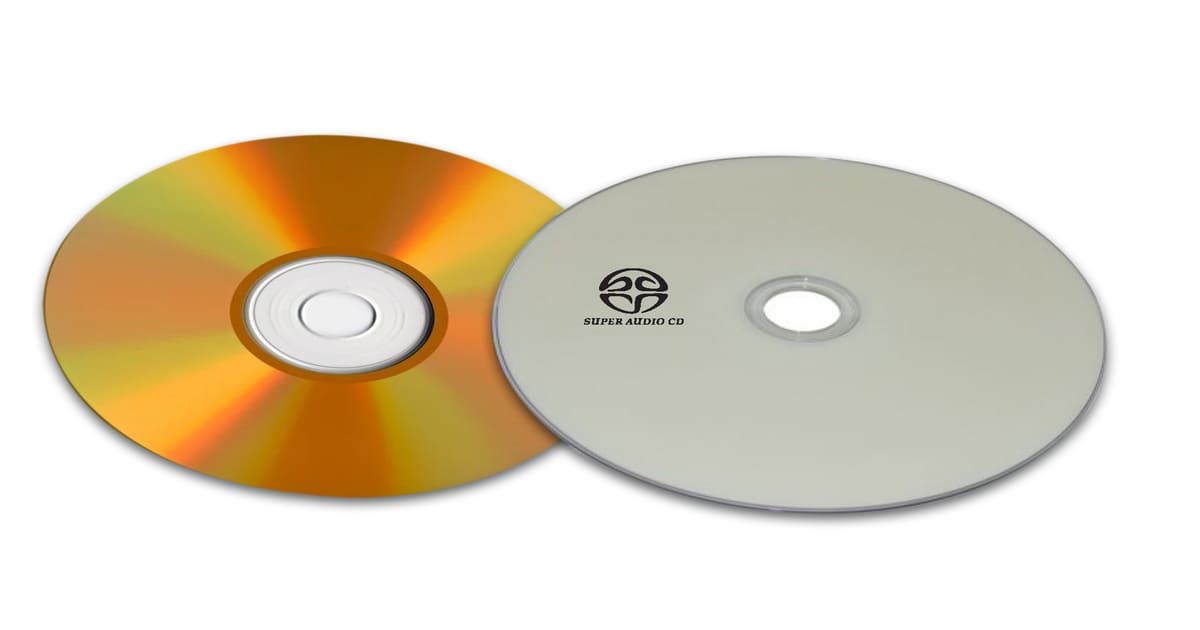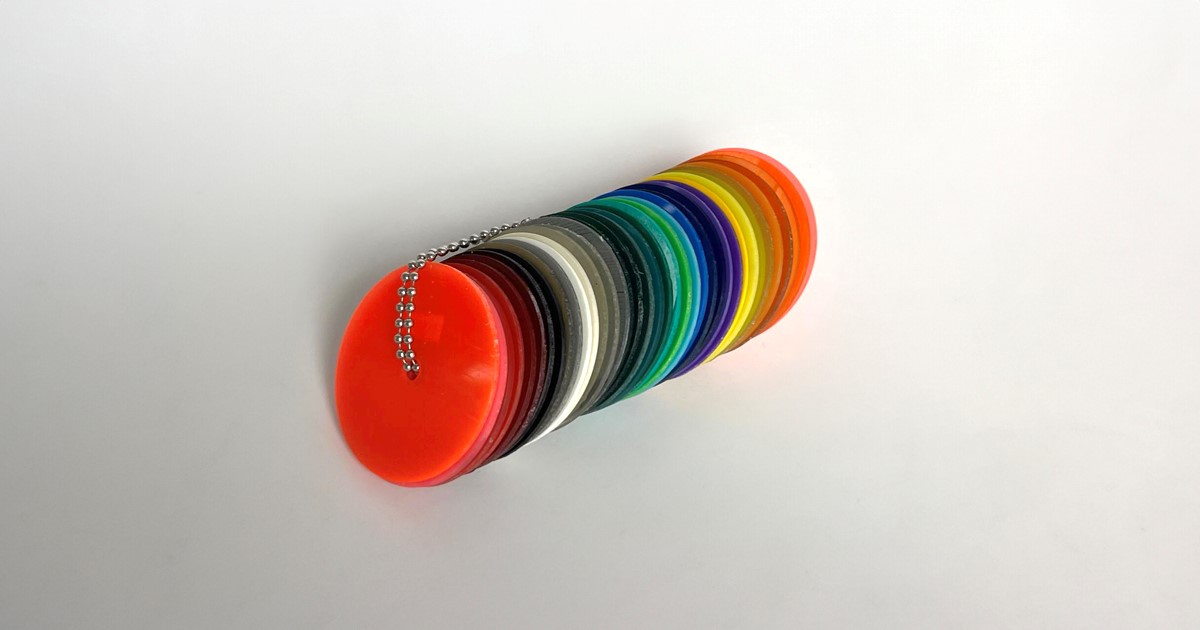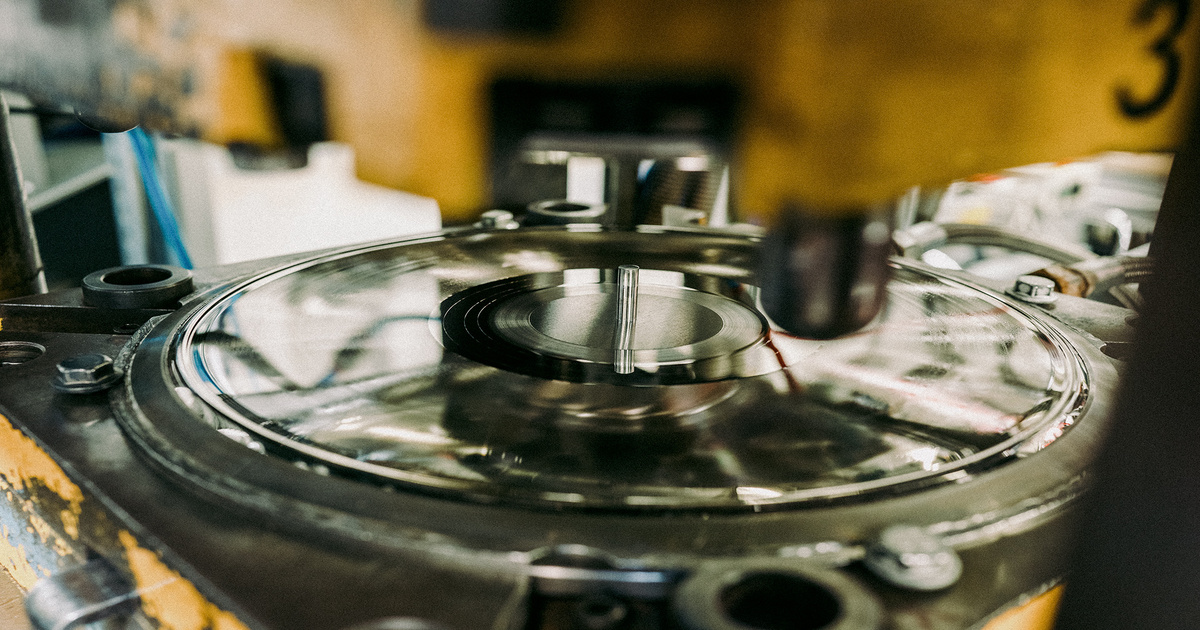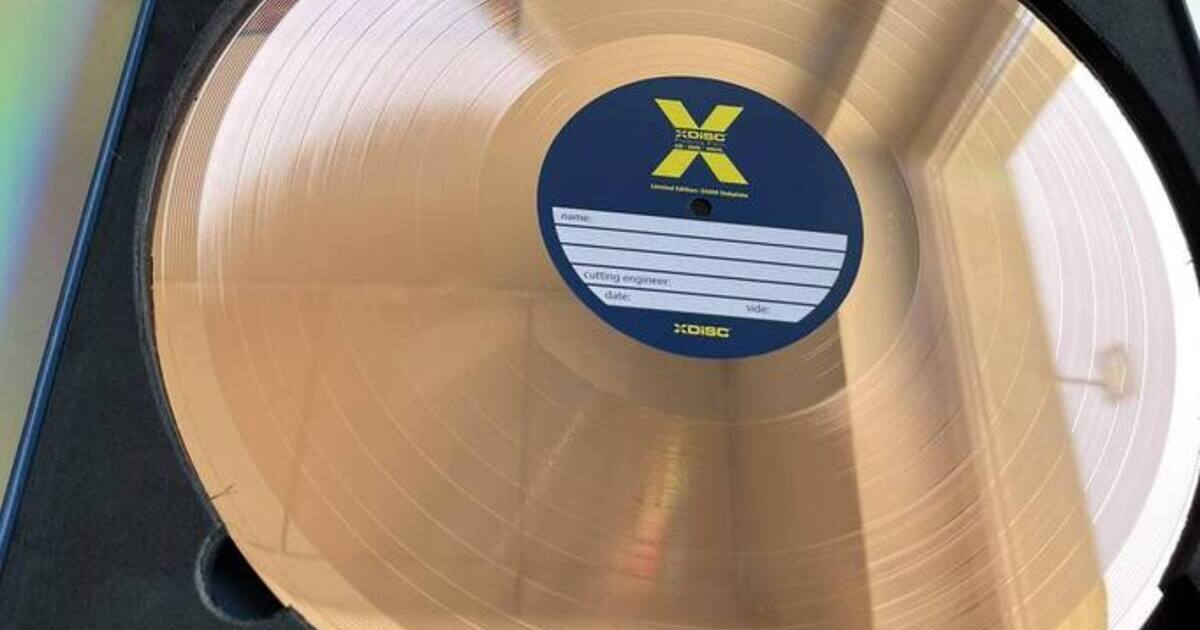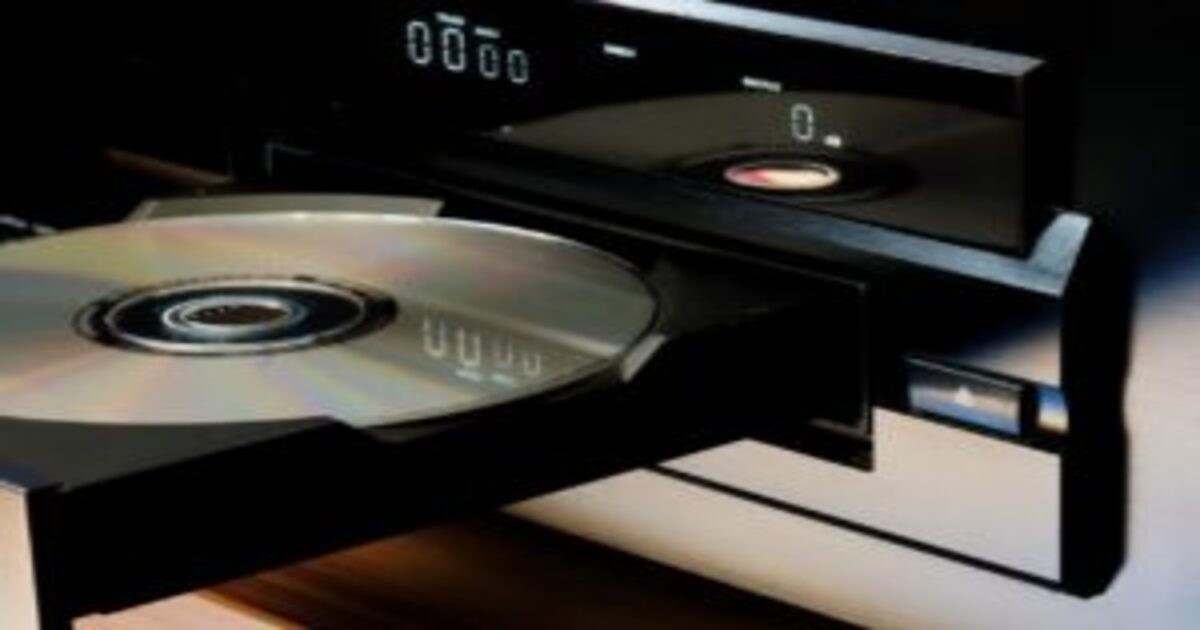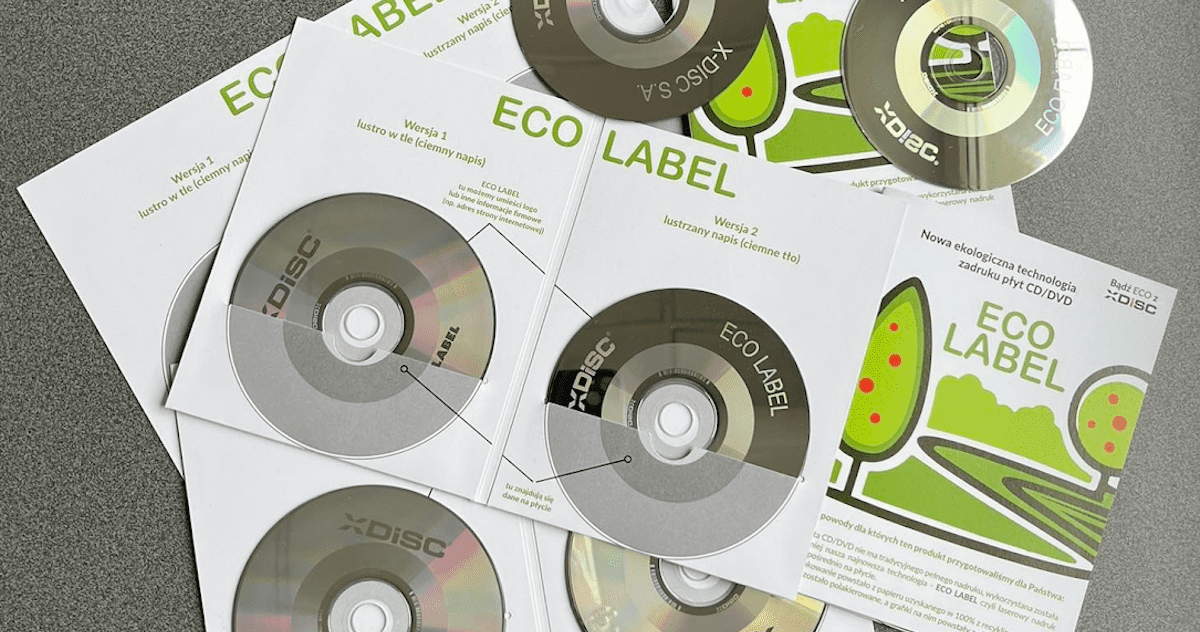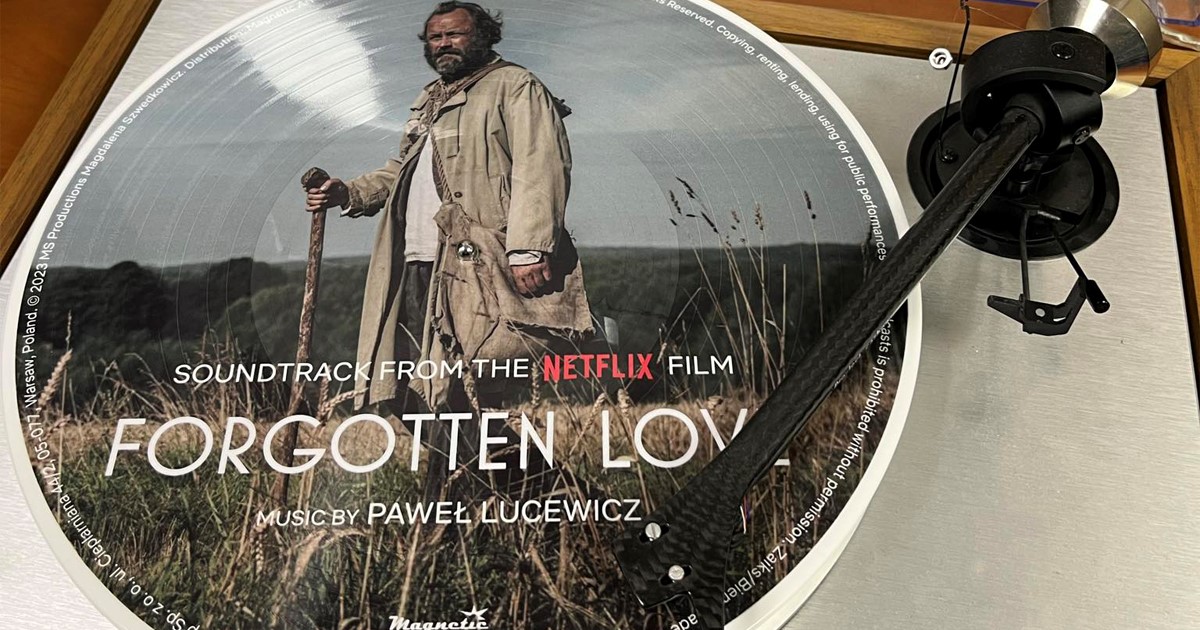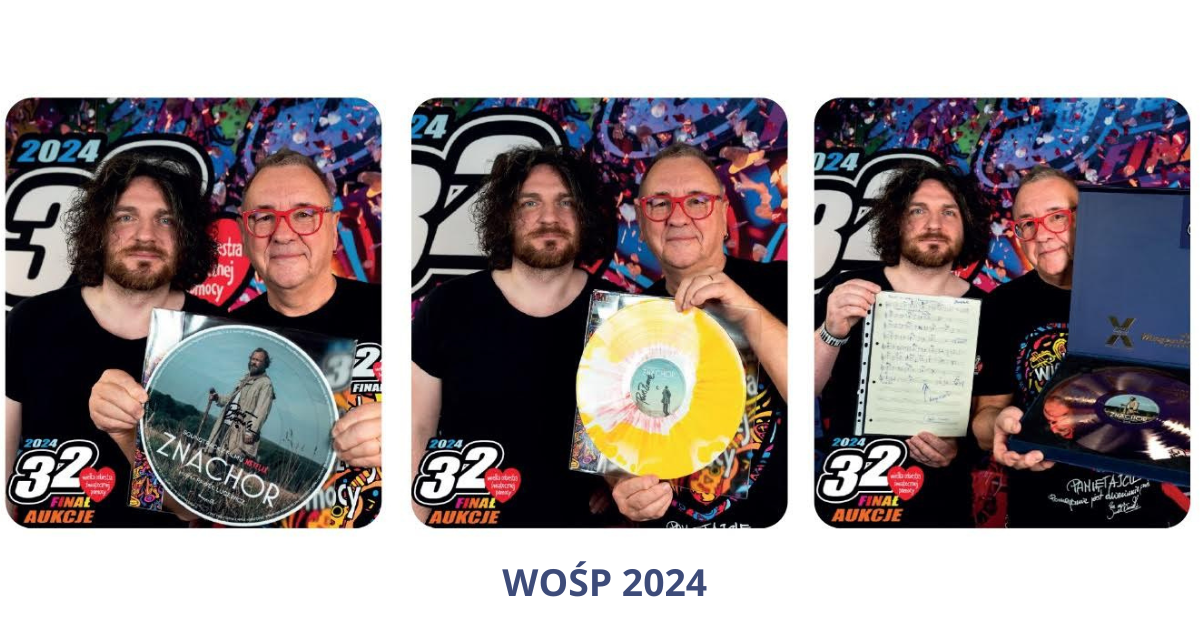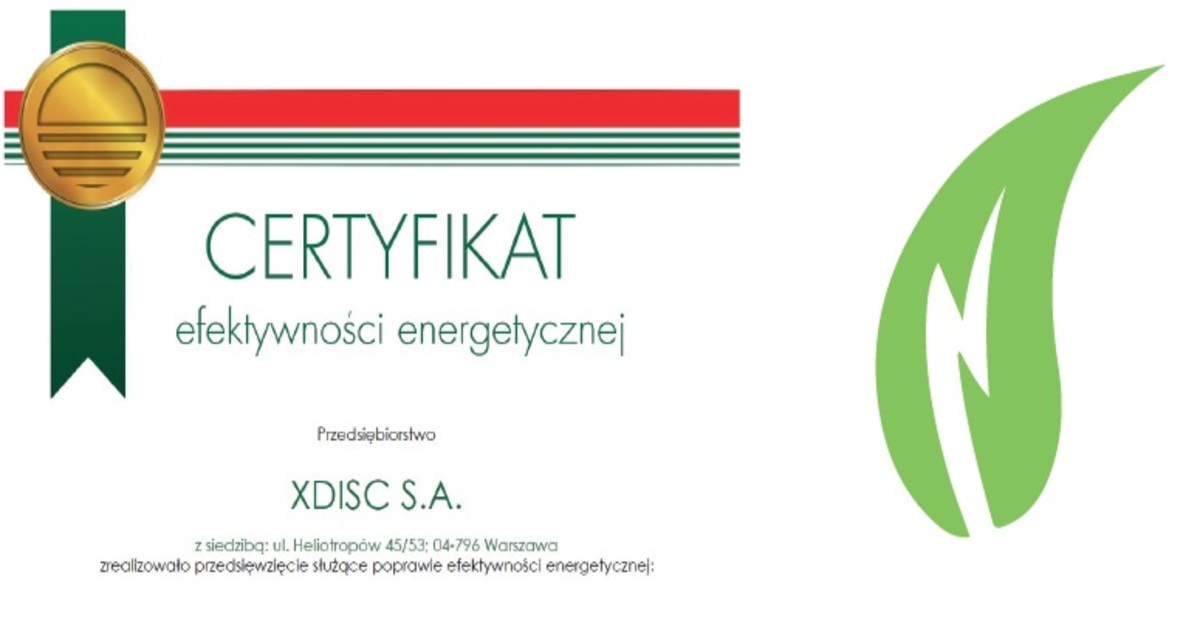Vinyl records are so appreciated for a reason – they sound great, and listening to them is a real ceremony, which allows you to appreciate the music even more. Vinyls are long-lived and still retain their unique sound after many decades, but they require proper treatment to protect them from damage.
Proper storage
The history of vinyl records dates back several decades. Vinyl is commonly associated with a black disc, but as the XDiSC offer shows, the gramophone record can be in any color, with special effects or embossing imitating the texture of marble. However, regardless of the appearance or size of a vinyl disc, you should always remember to store it properly.
The basis is to keep the record in the original envelope, and if the packaging has already been damaged, it is worth buying a new cover dedicated to holding vinyl. On the shelves, the discs should stand vertically – stacked on top of each other, they can warp. Vinyls do not like high humidity, sun and bright light, extreme temperatures, so it is worth preparing a separate rack with compartments for them and placing it away from the window or investing in a container for storing records, recommended especially for rooms with increased humidity.
Cleaning the records
Despite good storage, vinyl records are still exposed to dust – polyvinyl chloride, from which they are made, easily electrifies and thus strongly attracts small pollutants from the air. Vinyl discs should therefore be wiped from dust with an antistatic cloth or brush from time to time. It is best to clean the record after placing it on the turntable platter, which will prevent accidental cracking or scratching.
You can also use a liquid for cleaning vinyl, but it should absolutely not be done with plain water or ordinary household detergents. There are also points offering professional cleaning of vinyl records with an ultrasonic cleaner.
Thorough renovation
Records in poor condition, heavily soiled, which have been lying somewhere for a long time somewhere in the storage space or in the garage, can still be saved, although you will usually need the help of a specialist – as part of regeneration, you can even straighten bent vinyl and repair its damaged grooves.
